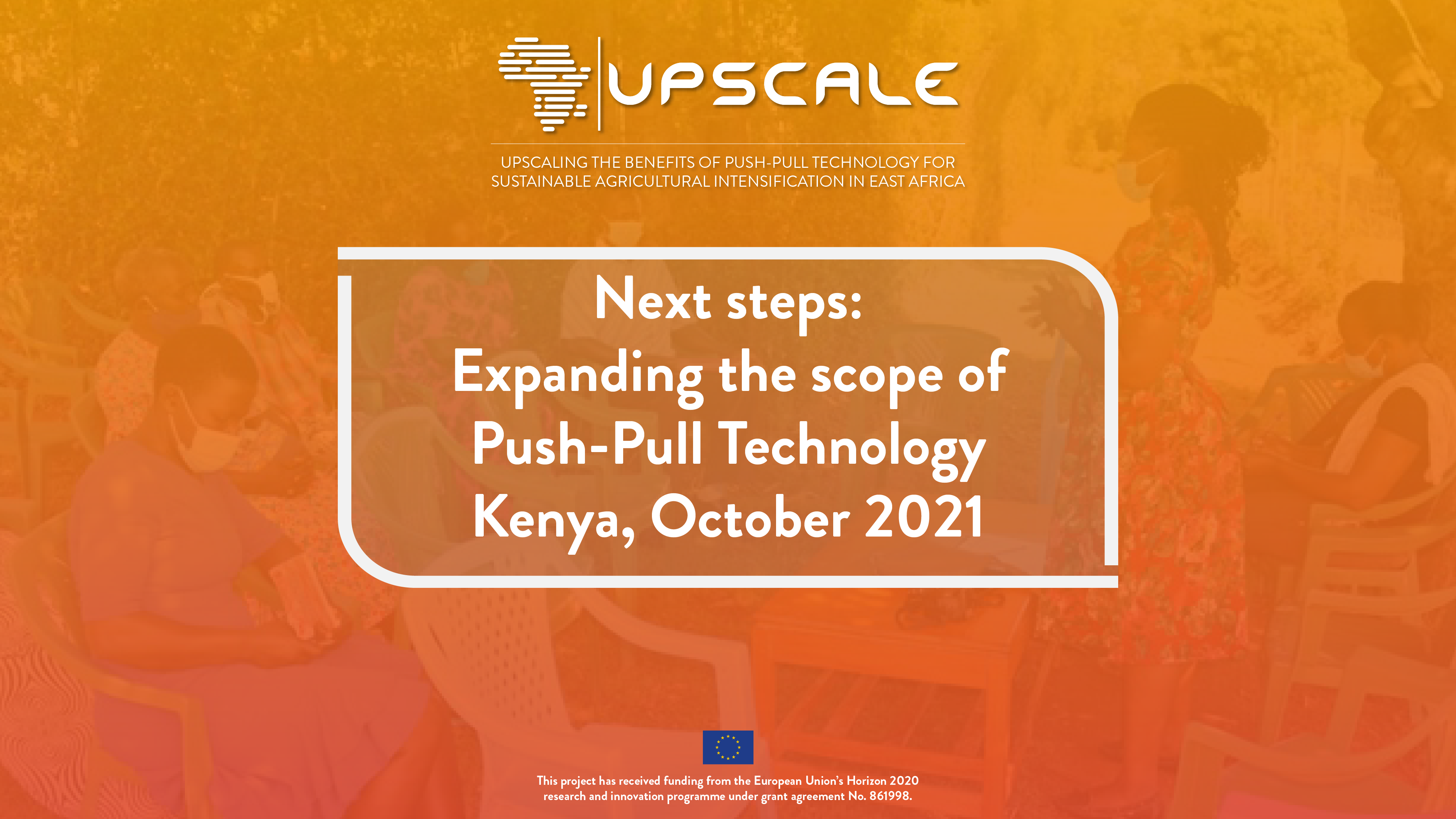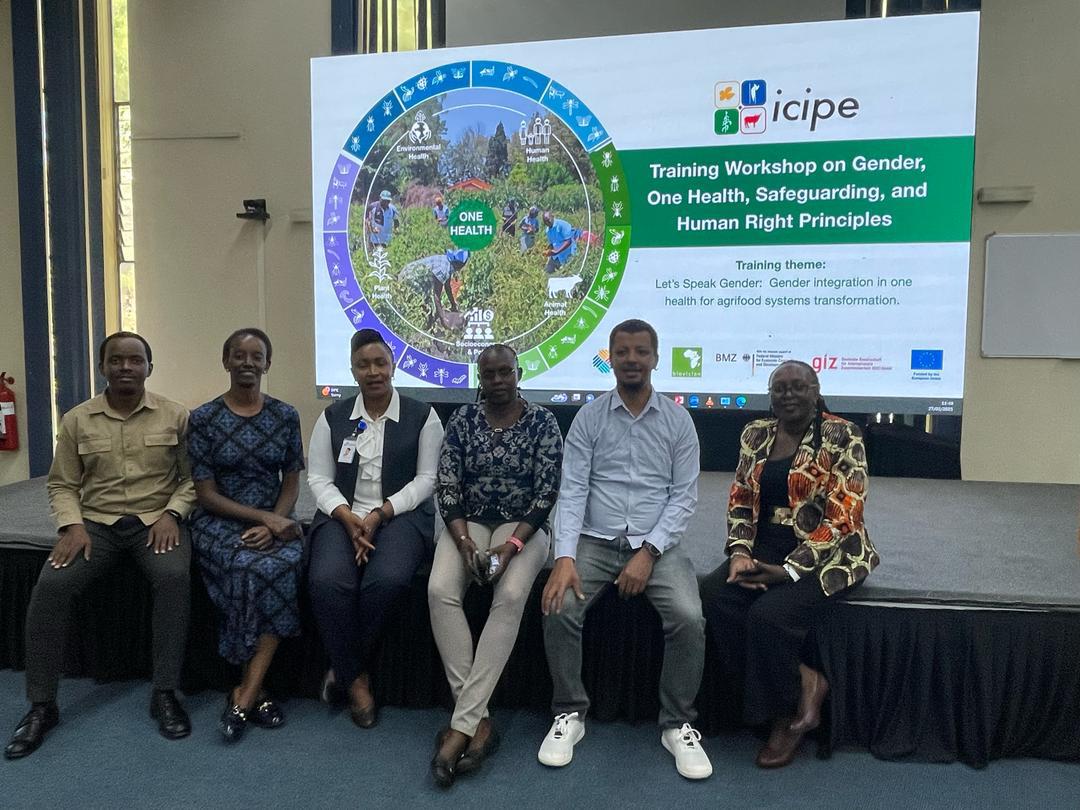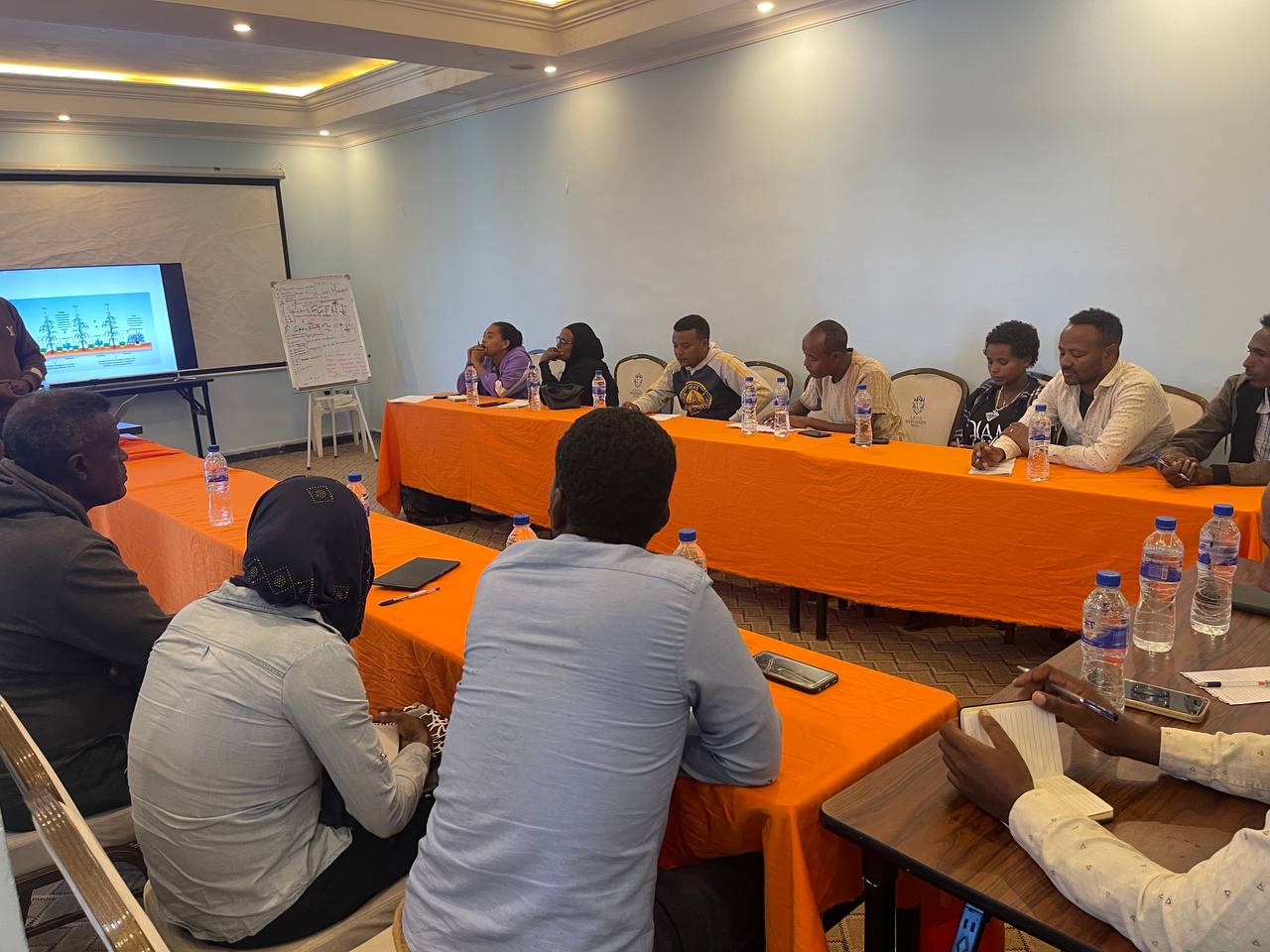As part of the effort to bring push-pull beyond its limitations to the next level, UPSCALE partner, Jomo Kenyatta University of Agriculture and Technology (JKUAT), conducted a needs assessment involving farmers and key informants involved in agriculture in Kisumu, Siaya and Vihiga counties in Kenya. The aim of these activities in the project is to evaluate the effectiveness of push-pull systems under selected sustainable intensification (SI) pathways comparing their performance using common indicators of SI such as productivity (yield, fodder production), carbon sequestration (soil organic carbon), crop water availability, nutrient balance and the population of weeds (Striga), insect pests and natural enemies.
Based on the outcomes of the assessment, JKUAT designed three options to expand push-pull from cereal to other important crops and cultivation systems. The options are based on a synthesis of views shared by stakeholders regarding priority crops and cropping systems; push-pull system, its strengths and weaknesses; and farmers’ needs and aspirations; and opportunities for further intensification of push-pull.
 Sylvia Imbuhila, a Ph.D. student at JKUAT shares feedback on options available for expanding the scope of push-pull during a meeting with farmers at Ndira B village in Siaya.
Sylvia Imbuhila, a Ph.D. student at JKUAT shares feedback on options available for expanding the scope of push-pull during a meeting with farmers at Ndira B village in Siaya.More farmers ask to join UPSCALE
Village level meetings were held with farmers to authenticate options selected for further intensifying push-pull, outline methods of investigation, and answer farmers’ queries. A total of 100 farmers and 5 JKUAT staff members participated in the meetings held at nine villages where focus group discussions were conducted in May 2021: Bongu, Emakunda and Mwikusi village in Vihiga; Marera, Yenga and Kosio village in Kisumu; and, Komonge, Ng’ayo and Ndira B village in Siaya.
Twenty new farmers expressed interest in UPSCALE after hearing from fellow farmers or observing experimental trials established in Vihiga. Coming from the neighboring Kakamega county, the farmers gathered at the home of Nicholas Malalu in Vihiga to be informed about UPSCALE project. The farmers also indicated their willingness to volunteer land for the establishment of trials if considered.
Options for expanding the scope of pushpull
The discussions revealed a wide diversity of crops grown in the region, including cereals, legumes, vegetables, trees and shrubs. However, maize dominates the landscape and is a major staple crop for majority of the households in the region. Farmers mentioned intercropping, livestock integration, use of fertilizers and organic manure, crop rotation, agroforestry, conservation agriculture and good agronomic practices as the main practices they use to sustainably increase crop yields. They further indicated that most of the practices are compatible with push-Jpull. Moreover, that such integration would improve crop yield and meet the current need for firewood and fodder, diversify their diets, create additional income, and improve the ecological performance of the system. Farmers however emphasized the need for training to enhance their capacity to manage push-pull under new a cropping system.
 Rodgers Oliech (Technician, ICIPE) sharing UPSCALE brochures with farmers at Yenga village in Kisumu County.
Rodgers Oliech (Technician, ICIPE) sharing UPSCALE brochures with farmers at Yenga village in Kisumu County.The next steps
The meetings allowed researchers to make information on UPSCALE project available in the villages from which test fields may be selected. This will ensure free and informed decisions regarding farmers’ participation, create a positive reputation for UPSCALE project, and make farmers own the research process. Farms of participants who expressed interest will be visited and assessed based on pre-defined criteria. Experimental trials will be established in the next season (2022 long rains) to assess the effectiveness of integrating agroforestry and crop rotation in push-pull systems.
 Martin Abong’ in one of the experimental trials in Kosio village in Kisumu. Pigeon pea is planted in alternating rows with desmodium.
Martin Abong’ in one of the experimental trials in Kosio village in Kisumu. Pigeon pea is planted in alternating rows with desmodium. 


